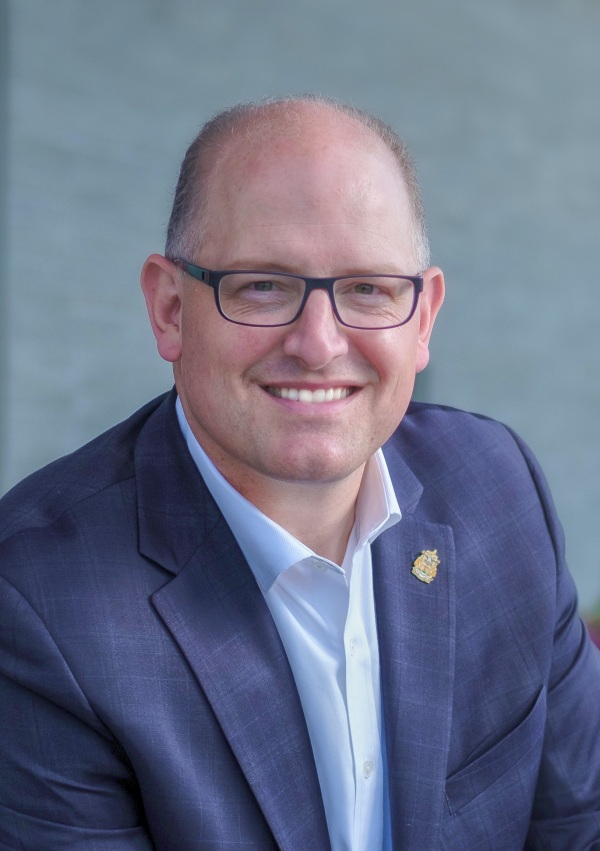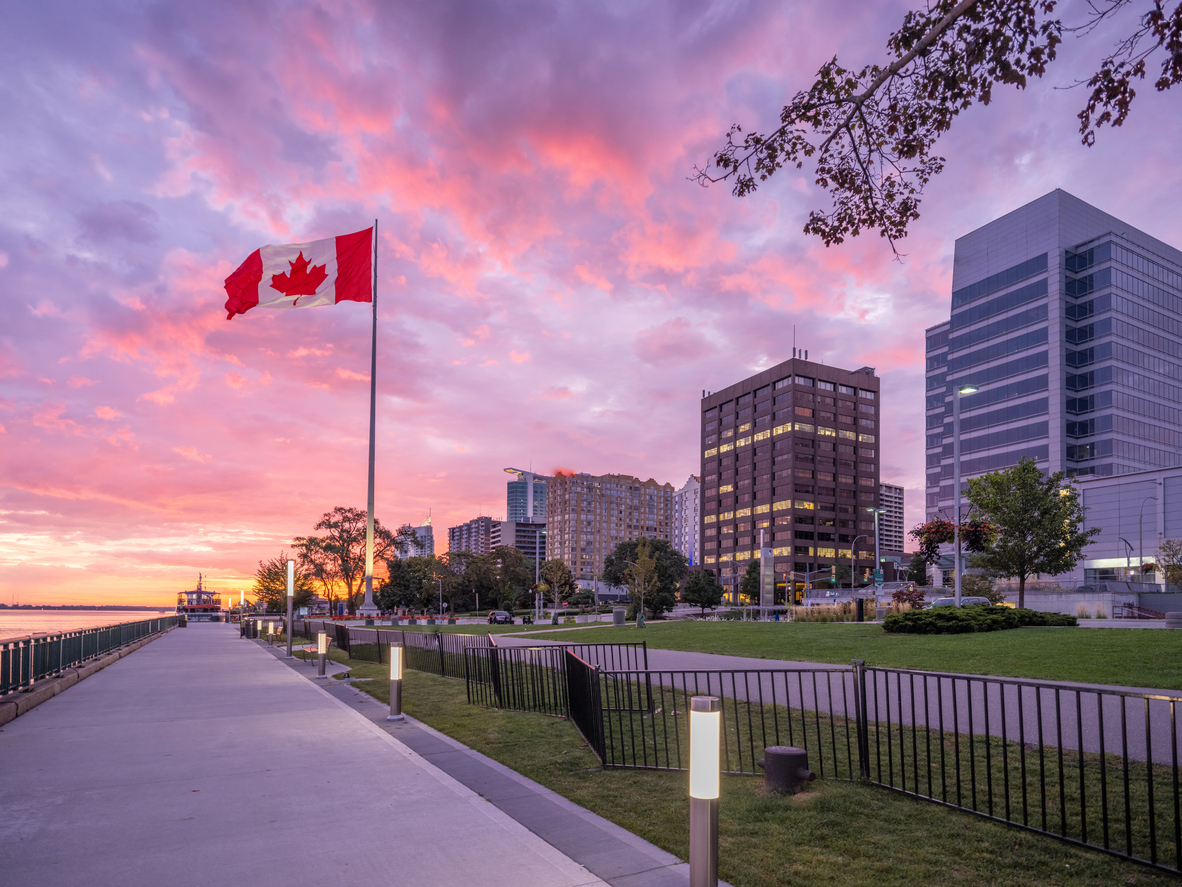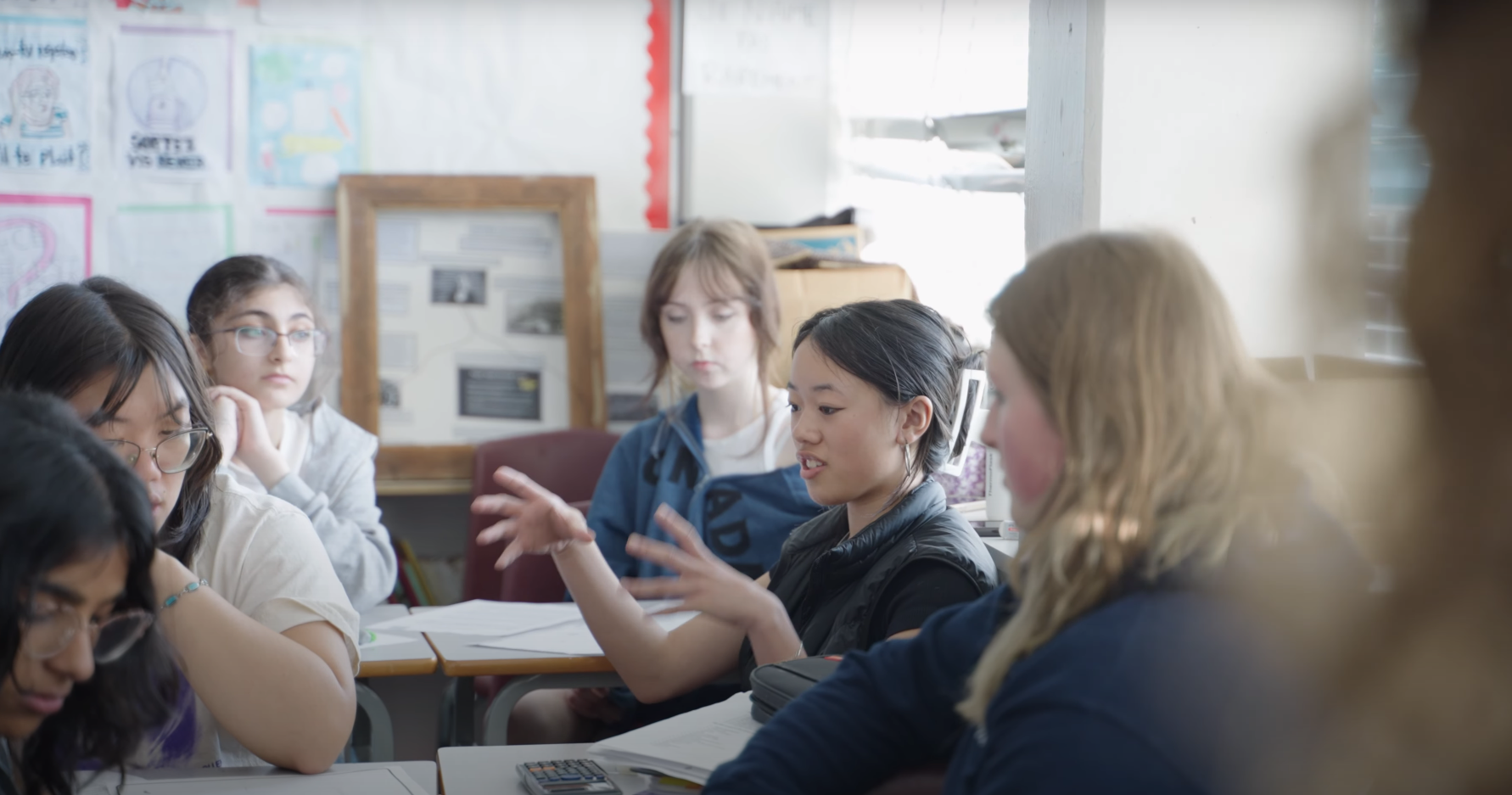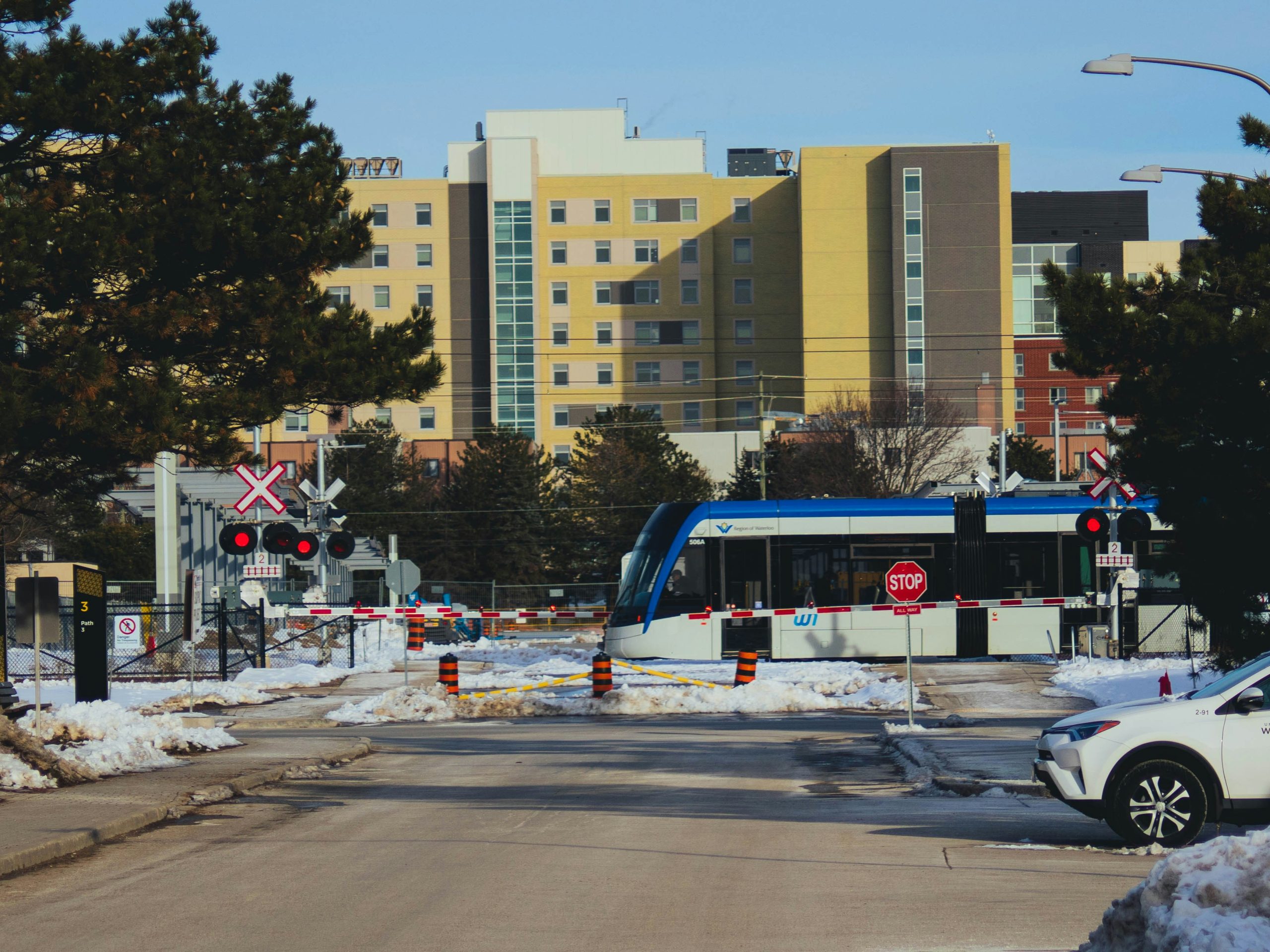Featured Guest
You’ll find this guest among our growing roll of Urban Champions.
-

Drew Dilkens
Mayor of Windsor
5 Key
Takeaways
A roundup of the most compelling ideas, themes and quotes from this candid conversation
1. Windsor’s unique geographical and historical context
Windsor’s proximity to the Canada-United States border has played a unique role in the local crisis. Many Windsor residents who travel for work across the border have been impacted by border closure. However, Mayor Dilkins reports that whereas Windsor has the highest unemployment in the country, its recovery has also been better than the provincial and national average.
2. The Spillover Effect
Mayor Dilkens notes the interdependencies between Windsor and Detroit throughout the discussion: “when you see a renaissance in Detroit happening, we are the beneficiaries,” and likewise, “when the U.S. sneezes, we get a cold.” Partnerships across the border are a key component of the City’s roadmap for economic diversification moving forward.
3. Transportation Culture
Windsor was the only municipality in Canada to shut down its transit system, for five weeks in Spring 2020. According to Mayor Dilkens, this was due to insufficient resources to provide necessary sanitization, and a 90% drop in ridership. Mayor Dilkens acknowledged that this decision made the city an outlier, but also noted that as the automotive capital of Canada, and due to the size of the city, he was facing a different decision context than many of his peers across Canada.
4. Outbreaks in the migrant farmworker population
Essex County has with 176 farms, and the largest greenhouse farm area in Canada. The agricultural industry relies on seasonal temporary foreign workers, and outbreaks on farms across the County is one of the greatest COVID-19 crises in the nation. Mayor Dilkens notes that while the local health unit is available as a resource, he looks to other orders of government for leadership, with the federal government responsible for the Temporary Foreign Worker Program, and the Province responsible for health, labour, and agriculture.
5. Different Levels of Government Responsibility
COVID-19 has exposed municipal finance and governance challenges in Canada’s constitutional arrangement, since municipalities are considered “creatures of the province”. Mayor Dilkens expresses there might be an opportunity to rethink how cities are governed, and that he would like the flexibility to consider what running a city might look like with additional tools and the ability to govern more independently.
Additional Reading & Resources
Full Panel
Transcript
Note to readers: This video session was transcribed using auto-transcribing software. Manual editing was undertaken in an effort to improve readability and clarity. Questions or concerns with the transcription can be directed to events@canurb.org with “transcription” in the subject line.
Full Audience
Chatroom Transcript
Note to reader: Chat comments have been edited for ease of readability. The text has not been edited for spelling or grammar. For questions or concerns, please contact events@canurb.org with “Chat Comments” in the subject line.12:01:06 From Canadian Urban Institute: Welcome! Folks, please change your chat settings to “all panelists and attendees” so everyone can see your comments.
12:02:18 From Canadian Urban Institute: You can find transcripts and recordings of today’s and all our webinars at https://www.canurb.org/citytalk Keep the conversation going #citytalk @canurb
12:02:45 From Canadian Urban Institute: Drew Dilkens, Mayor of the City of Windsor Ontario Twitter: @drewdilkens mayordrewdilkens.ca
12:06:03 From Purshottama Reddy: P S Reddy from Toronto – hello to everyone. Look forward to thes chats especially from the Mayors. No two municipal areas are the same and thats what makes it interesting.
12:08:52 From Michael Roschlau: Windsor was the only city in Canada to fully shut down its transit system during COVID. Can the Mayor explain that decision, its implications for mobility in the city and whether it was really necessary?
12:15:41 From Gil Penalosa: Now that the Mayor has seen the importance of walking, riding bicycle, using public transit. will he change his stubborn goal to build a NEW hospital in the middle of a corn field, which will make lots of money to land owners (develop farm land) but will miss opportunity to strengthen and revitalize Windor’s core?
12:16:39 From Purshottama Reddy: Interesting – cities beyond international borders and the local economic impact. Perhaps this could be subject of a chat in the future when normalcy returns.
12:17:42 From Canadian Urban Institute: https://canurb.org/initiatives/citywatch-canada/
12:20:53 From Kelly Greenfield: Location: St. John’s, NL.Can you give us a sense of the social situation in Windsor, considering the COVID outbreak in 1) long-term care homes, and 2) the county agri-food system. Is Windsor experiencing (more) ageism or racism as a result? And how are you engaging with your fellow citizens to address these issues?
12:21:24 From susan little to All panelists: Why would you cut public transportation!
12:22:11 From susan little to All panelists: A social network helps!
12:22:39 From susan little to All panelists: Street life should be supported now!
12:23:58 From susan little to All panelists: You have a car! Other people don’t
12:24:26 From Michael Roschlau: There are literally hundreds of Canadian communities smaller than Windsor that did not shut down their transit systems.
12:24:35 From susan little to All panelists: yes
12:26:31 From susan little to All panelists: An excessible hospital I hope. You are not building a city of the future.
12:29:18 From Gil Penalosa: There is NOTHING there, corn field. Easy to get other municipalities on board on why it has to be in Windsor, easy access to hotels for visitors, transit, work. No other investment as important to create a nice city than this major hospital. Just money for developers. Shameful. It’d be lost lifetime opportunity.
12:29:30 From susan little to All panelists: windosr
12:29:58 From Wesley Andreas: Unfortunately, Windsor’s transportation policy is still very 1960s era. Provide accommodations for non-auto modes as a secondary consideration, or a retrofit step.
12:33:36 From Gil Penalosa: Great idea to interview majors, but it’d be greater to challenge them on critical issues. To go beyond a platform to listen to their ideas with no questions on obvious wrong decisions. Not just Windsor, has happened with others. If the goal is information, then great; maybe missed opportunity. COVID moment is offering magnificent opportunity to act on sustainable mobility, public spaces, redevelopment… most mayors & councils missing the moment. Good Edmonton, Vancouver, Montreal, Victoria… not most.
12:34:43 From Abby S: @Gil yes, it would be nice to speak more about the hospital decision which does seem to be contrary to many of the progressive mayors’ initiatives we have heard on these calls.
12:37:16 From Abby S: I am curious what constitutes “success” in Detroit? yes there is a renaissance of some food and other local initiatives, but the streets are still empty of pedestrians (and cars for that matter) and neighborhoods remain in disrepair and empty.
12:37:48 From Abby S: With the exception of a small pocket that Quicken has “gentrified”.
12:41:39 From Abby S: In retrospect was the reliance on casinos for revenue the right move? Of course no one could predict this kind of catastrophic event.
12:43:57 From Abby S: Mary you are so right,. Supporting cities and the voters/citizens who live there should not be considered a “bail out”
12:44:17 From Abby S: How we use language is vitally important.
12:47:57 From Canadian Urban Institute: You can find transcripts and recordings of today’s and all our webinars at https://www.canurb.org/citytalk
12:49:15 From MARYAM MOMENI to All panelists: Thank you.
12:52:15 From Canadian Urban Institute: Keep the conversation going #citytalk @canurb
12:54:48 From Alan Kan: That’s a stretch, mayor. People are not expecting cities to purchase military equipment.
12:55:57 From Canadian Urban Institute: What did you think of today’s conversation? Help us improve our programming with a short post-webinar survey – https://bit.ly/3gInKV6
12:55:57 From Alan Kan: I’m also a Rose City Politics listener btw
13:02:00 From Abby S: Thank you Mary!



